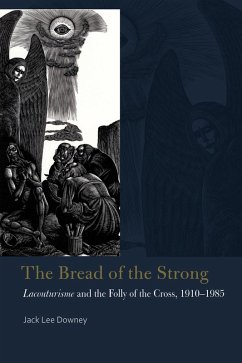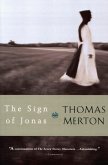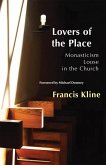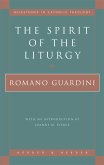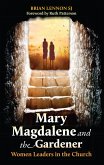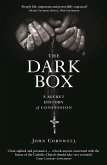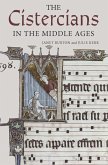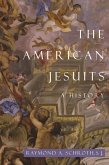Contributing to the ongoing excavation of the spiritual lifeworld of Dorothy Day-"e;the most significant, interesting, and influential person in the history of American Catholicism"e;-The Bread of the Strong offers compelling new insight into the history of the Catholic Worker movement, including the cross-pollination between American and Quebecois Catholicism and discourse about Christian antimodernism and radicalism.The considerable perseverance in the heroic Christian maximalism that became the hallmark of the Catholic Worker's personalism owes a great debt to the influence of Lacouturisme, largely under the stewardship of John Hugo, along with Peter Maurin and myriad other critical interventions in Day's spiritual development. Day made the retreat regularly for some thirty-five years and promoted it vigorously both in person and publicly in the pages of The Catholic Worker.Exploring the influence of the controversial North American revivalist movement on the spiritual formation of Dorothy Day, author Jack Lee Downey investigates the extremist intersection between Roman Catholic contemplative tradition and modern political radicalism. Well grounded in an abundance of lesser-known primary sources, including unpublished letters, retreat notes, privately published and long-out-of-print archival material, and the French-language papers of Fr. Lacouture, The Bread of the Strong opens up an entirely new arena of scholarship on the transnational lineages of American Catholic social justice activism. Downey also reveals riveting new insights into the movement's founder and namesake, Quebecois Jesuit Onesime Lacouture. Downey also frames a more reciprocal depiction of Day and Hugo's relationship and influence, including the importance of Day's evangelical pacifism on Hugo, particularly in shaping his understanding of conscientious objection and Christian antiwar work, and how Hugo's ascetical theology animated Day's interior life and spiritually sustained her apostolate.A fascinating investigation into the retreat movement Day loved so dearly, and which she claimed was integral to her spiritual formation, The Bread of the Strong explores the relationship between contemplative theology, asceticism, and radical activism. More than a study of Lacouture, Hugo, and Day, this fresh look at Dorothy Day and the complexities and challenges of her spiritual and social expression presents an outward exploration of the early- to mid-twentieth century dilemmas facing second- and third-generation American Catholics.
Dieser Download kann aus rechtlichen Gründen nur mit Rechnungsadresse in A, B, BG, CY, CZ, D, DK, EW, E, FIN, F, GR, HR, H, IRL, I, LT, L, LR, M, NL, PL, P, R, S, SLO, SK ausgeliefert werden.
Hinweis: Dieser Artikel kann nur an eine deutsche Lieferadresse ausgeliefert werden.

